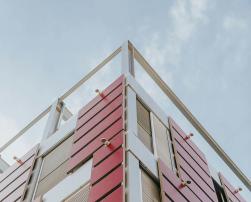
Stakeholder approach for deep retrofit
A recent publication from the INFINITE project highlights the importance of stakeholder involvement in driving industrialised deep renovation of old buildings.
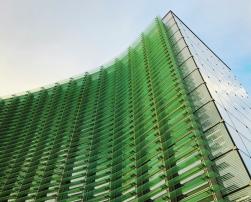
Façade design for a greener urban environment
This study reviews how façade design—through materials, geometry, and vegetation—can address urban heat, pollution, and biodiversity loss, highlighting benefits and trade-offs while identifying research gaps.
AIVC's Ventilation Information Paper #49 - Resilient Cooling of Buildings
AIVC's Ventilation Information Paper #49 discusses resilient cooling of buildings, as defined by IEA EBC Annex 80.

iBRoad2EPC field test results
This report summarises the results of the iBRoad2EPC field test based on analysis of the evaluation surveys from energy experts and building owner that took part in the field test.
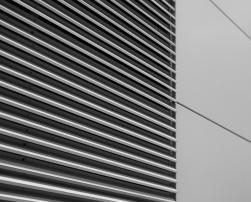
Barriers to green space heating & cooling and how to overcome them
The paper highlights that green heating and cooling technologies, despite their benefits, are underused in Europe due to barriers such as dependence on fossil fuels and insufficient expertise; however, targeted policies and innovations could enhance their adoption and contribute to achieving climate goals.

Evaluation of energy efficiency measures addressing the needs of energy poor households in rural areas
The new report by the RENOVERTY project indicates the rigorous need for policy transformations and improvements to address energy efficiency and energy poverty issues in rural areas.
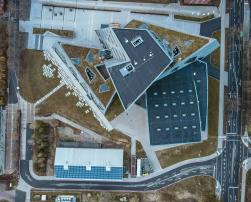
Expanding the concept of users in energy communities: impact of including businesses and industry
This paper shows that including businesses and industrial users in renewable energy communities can greatly improve energy sharing and self-sufficiency for residential members.
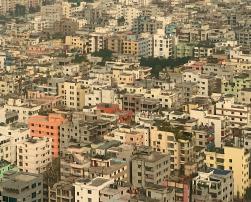
Industrialised construction: the future for a growing population?
Given the challenge of housing over 8 billion people sustainably, the study finds that industrialised methods, particularly the MDR modular system, offer better economic and environmental benefits than traditional construction.
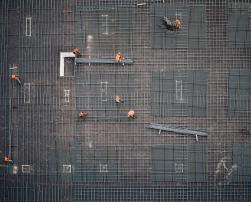
Is net-zero embodied carbon a reality?
Embodied carbon significantly affects building-related emissions. This research assesses whether 'net-zero embodied carbon' is feasible for multi-storey office buildings in Australia.
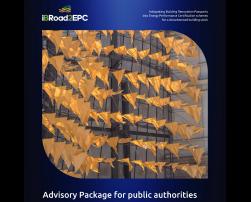
iBRoad2EPC Advisory package for public authorities
Aiding public authorities in advancing deep energy renovation.